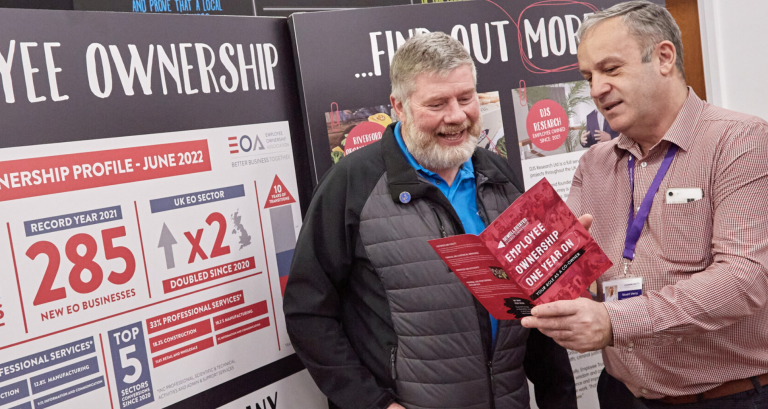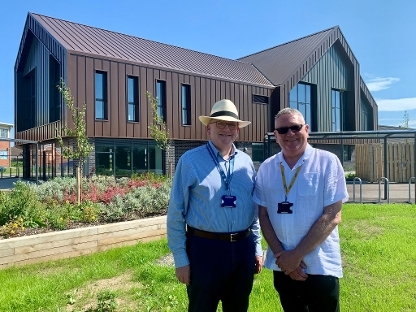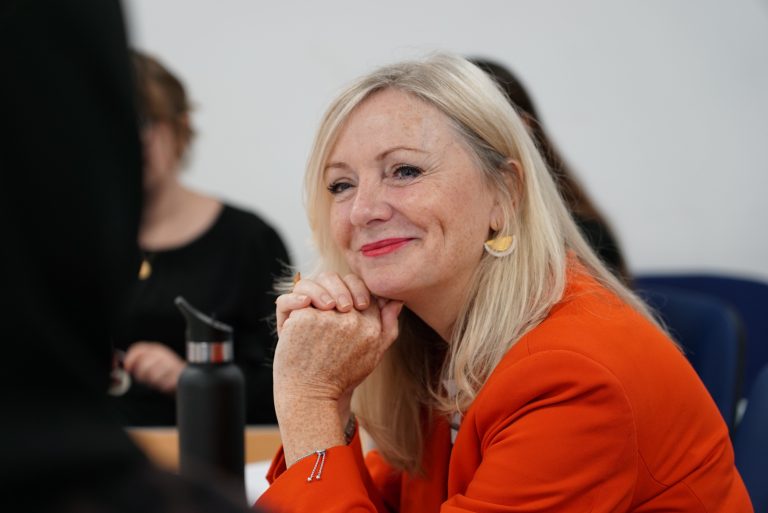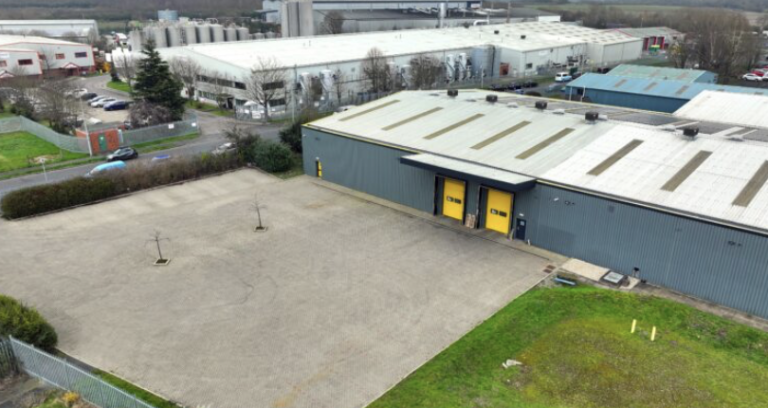Sewell Estates Co-Owner Council releases report looking back at its first 18 months
Director of Halifax recycling company sentenced after worker loses leg
Supermarket fuel price margins are double 2019 levels, says CMA
90 new affordable homes set for Bradford
Social enterprise, Places for People, in partnership with Vistry Group, the provider of mixed-tenure affordable homes, is set to build 90 new affordable homes in Bierly, Bradford.
The site – Woodlands Edge – in Bierley, a suburb of Bradford, will provide areas of new open space, green corridors and landscaping. Existing pedestrian connections will be improved, and work will be undertaken to enhance nearby Brierley Hall Woods.
The new homes will include a range of two- and three-bedroom houses, offered in affordable rent and shared ownership tenures.
The development is expected to create 144 full-time construction jobs and almost 180 supply chain jobs across the build period, injecting £23m into the local economy.
As part of their commitment to social value, Places for People will also work closely with local schools and colleges to provide site visits, toolbox talks, and work placements, as well as supporting local schools’ own initiatives.
Nilam Buchanan, Regional Managing Director for Central and North of Places for People, says: “As the UK’s leading social enterprise, we have a long-term plan to help address England’s chronic shortage of homes and build sustainable communities, with a big focus on delivering much-needed affordable homes.
“We are delighted to work with Bradford Council and our strategic partners, Vistry Group to create 90 much-needed affordable houses for the local community. We’re also proud to provide significant employment opportunities and showcase the opportunities a career in the built environment can offer.”
Vistry secured planning permission for the development back in October 2023 and work is set to start on site this summer.
Andrew Poyner, Managing Director of Vistry, West Yorkshire, said: “Thanks to the engagement and support of Bradford Council and the West Yorkshire Combined Authority, we’ve been able to work together with Places for People to unlock this site for development. It will now deliver 90 high-quality, affordable homes, making a significant impact on Bradford’s affordable housing supply.”
UK signs up to international digital trade agreement
“Britain is back and proudly playing her role as an outward looking trading nation. Global digital trade is already estimated by the OECD to be worth around £4 trillion and counting but no common set of global rules exist. This is a huge step forward in correcting that and ensuring British businesses feel the benefit.”
Science Secretary Peter Kyle said: “This global agreement aims to help people use technology safely by protecting them from fraud, while driving economic growth through the digitalisation of trade so it’s faster and more secure. We will leave no stone unturned in our work to share the benefits of technology and drive economic growth by working with partners around the world to achieve this.”
Acis Group steps up to manage Mablethorpe Campus for Future Living
Parcel delivery company Evri to be acquired
Private equity firm invests into Hull occupational health service provider
West Yorkshire leaders approve over £40 million for roads and homes
- £1.6 million to help build 63 new homes in Wakefield’s Civic Quarter.
- £2.2 million for a range of improvements at bus stations across West Yorkshire.
- £13.8 million to improve traffic capacity in Kirklees.
- £7.7 million to support cycling corridors across Leeds City Centre.












